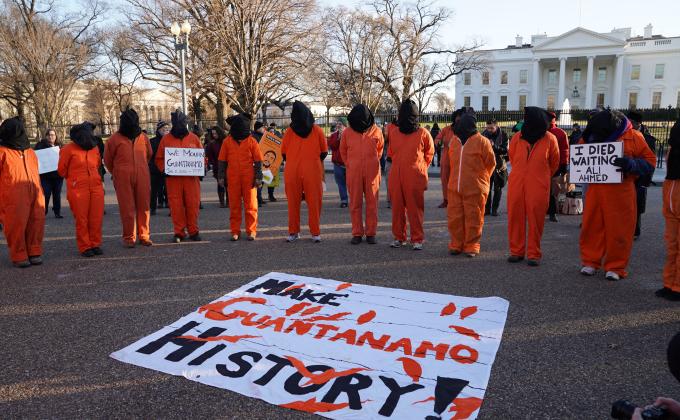The number of European foreign fighters with a jihadist political agenda participating in the Syrian civil war has increased exponentially over the past months and has become an ever-growing concern for European policymakers. It is particularly the possibility that returned foreign fighters have radicalised that makes them a potential threat – if only to themselves and their direct surroundings. In this Research Paper, Edwin Bakker, Christophe Paulussen and Eva Entenmann examine some of the challenges, as well as possible strategies and legal mechanisms available for European policymakers to address the foreign fighters phenomenon. It first assesses the complex threat (potentially) posed by returning mujahidin to Europe’s security. The Research Paper then outlines some of the risk assessment and governance challenges that European policymakers, governments and legal practitioners face in relation to (potential) foreign jihadi fighters and returnees. Prosecution via international crimes will be analysed before turning to specific national practices. Here, the Research Paper focuses on a few European states that have a considerable number of departing foreign fighters as estimated by their own intelligence services: Austria, Belgium, France, Germany, Italy, Spain, the Netherlands and the UK. The Research Paper concludes with a series of recommendations.
Download the Research Paper.
How to cite: Bakker, E., Entenmann, E. and C. Paulussen. “Dealing with European Foreign Fighters in Syria: Governance Challenges and Legal Implications”, The International Centre for Counter-Terrorism – The Hague 4, no. 8 (2013). DOI: http://dx.doi.org/10.19165/2013.1.08










